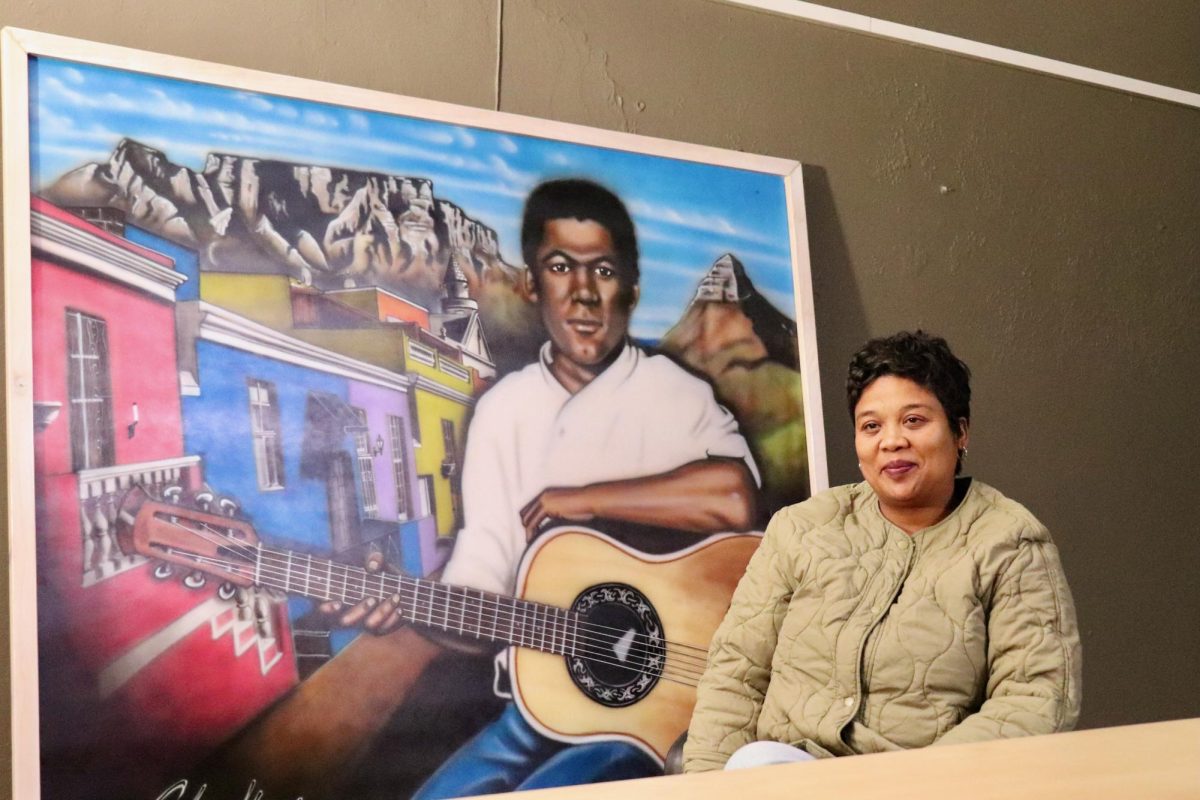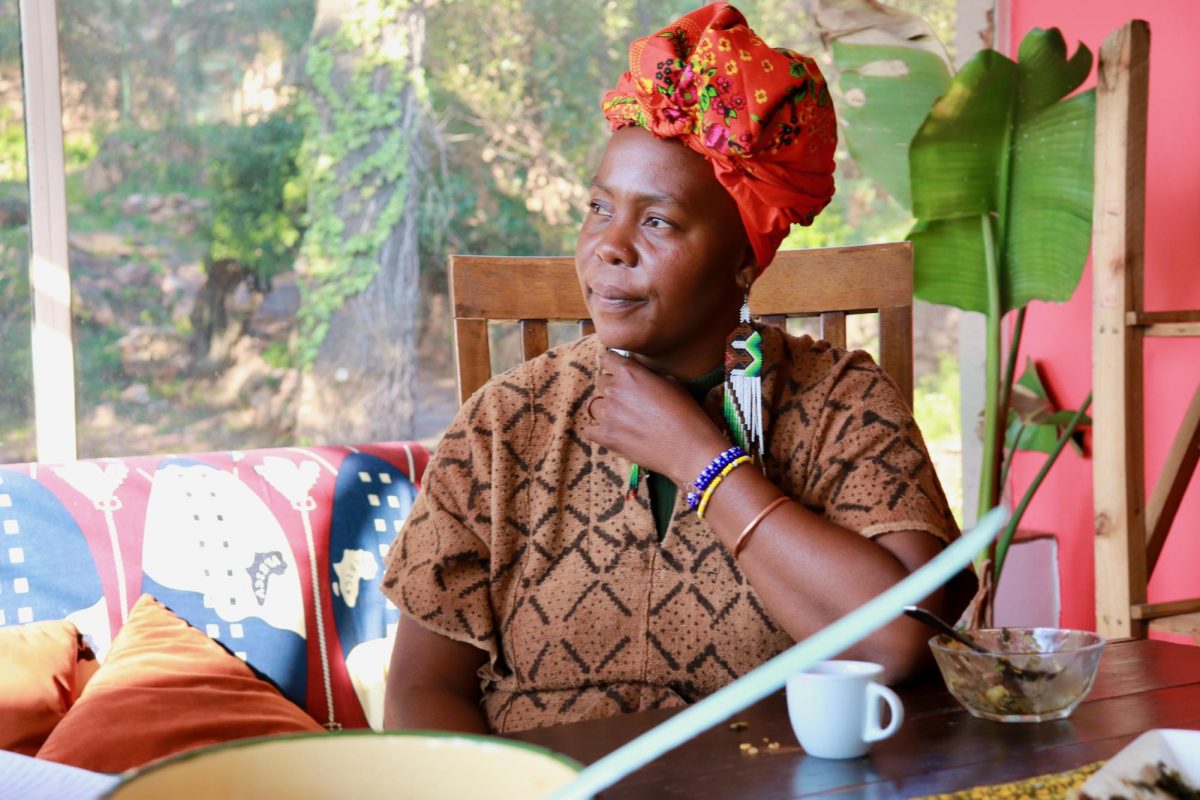A narrative on race from a Dominican student
The term Afro-Latinx, a more recent adaptation of the phrase Latino for anyone who chooses to remove gender binaries from their identity, is used to describe people who are ethnically Latin American with African roots.
In America, labels are a huge part of society that force people to question what their ancestry is and seek to determine other people’s ancestry. There is no doubt that some Dominicans are Afro-Latino, Afro-Dominican, African or black. However, in reality, Dominicans do not like to use or self-identify with any of those labels at all.
For example, those in the Dominican Republic are not often asked about labels like race, ethnicity or gender identity when filling out an application for a job or school, unlike how applications are here in the U.S.
It is the same as asking a light-skinned Dominican if they are white-Dominican or Euro-Dominican. They are going to tell you: “No, I’m just Dominican or Hispanic/Latinx.”
Dominicans want to be perceived just as Dominicans.
Many would say that if you were to call Dominicans racist for neglecting to identify themselves as Afro-Latinos or black, you would have to make sure to include all Latin American countries as well.
It needs to be understood that there is a difference between race and ethnicity. Race is a social construct based on the color of a person’s skin. It is a means of labeling and putting one another into different categories. On the other hand, ethnicity is a category of people who identify with each other, usually on the basis of presumed similarities such as common language, ancestry, history, society, culture or nationality.
The reality is that there is a lack of education when it comes to conversations about race and ethnicity in the Dominican Republic. Throughout history, Dominicans have greatly acknowledged the Europeans who took over the island, Hispaniola, while at the same time minimizing the importance of the Africans who were slaves at the time.[mks_pullquote align=”left” width=”300″ size=”24″ bg_color=”#cecece” txt_color=”#000000″]There is no doubt that some Dominicans are Afro-Latino, Afro-Dominican, African or black. However, in reality, Dominicans do not like to use or self-identify with any of those labels at all.[/mks_pullquote]
In addition, because of what is portrayed in the media, many people immediately think that “Africa” means only black. Being dark skinned does not measure blackness, and society continues to add more labels just to keep separating people’s identity.
Latin Americans want to be identified by their ethnicity, whether that be Cuban, Puerto Rican, Venezuelan, Colombian; not Afro-Cuban, Afro-Venezuelan, Afro-Dominican, Afro-Colombian. This can be seen as a problem, because the extra label put on dark skinned people makes them look as though they are against identifying with their ethnicity.
Many Dominicans would prefer not to acknowledge their African ancestry; Dominicans want to be perceived and viewed as just Dominicans. The term African should be for those born within the African continent.
I had the chance to ask two of my friends living in the Dominican Republic about how often they get asked about their race and ethnicity when filling out an application for a job or school. The responses I got were what I expected: “No, I have never filled out a document asking me about my race.”
Having this conversation quickly made me think that there is an issue that goes beyond the lack of education towards someone’s self-identification in Latin America. Many have justified it by saying, “Oh, it’s a developing country so that is why labels such as race or gender identity are not as relevant compared to countries like the U.S.”
However, dark skinned Latinos know they are black. Even though many are ashamed of identifying themselves as black, they prefer to just keep their conservative tradition identifying with the label of their nationality, hindering them from embracing such a beautiful part that is in them.
There are places I go in New York City where people immediately assume that I am just black. The moment they hear me talk, I get a reaction like, “OH MY GOD! I thought you were one of the black people.” I am not going to lie, the uneducated me of three years ago would’ve answered: “Oh no, I’m just Dominican with dark skin.”
Today, I would say, “Dominicans come in all different shapes and colors and I am black.”







































